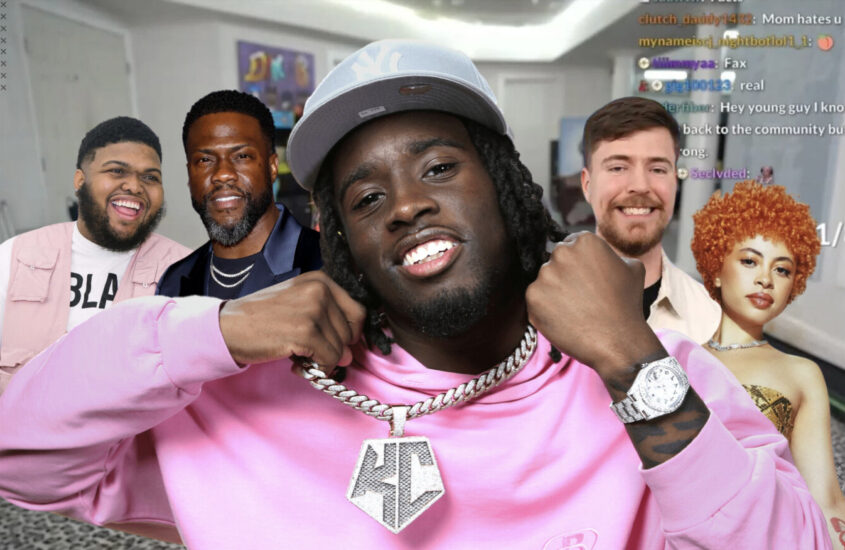
Andy Fleming, an antifascist expert, posted on X on March 6, 2006, about the first application of Western Australia’s new racial regulations. The case in 2006 involved an Aboriginal teenager who called a woman a white slut. According to The Australian, the law had been enacted in response to the racist graffiti attacks by the Australian Patriot Movement on Perth’s main mosque, also on Asian businesses.
As the “war on woke” rages on, the accusation of being “anti-white” has become more common and undermines the efforts to combat racial discrimination and promote racial awareness.
Thus, it was of little shock to antiracists when it was uncovered that Matildas star and Chelsea striker Sam Kerr’s charge of causing “racially exasperated badgering, caution or misery” to a London cop had been the consequence of her supposedly considering him a “stupid white bastard”. People of color, especially Black and Indigenous people, were not surprised by the idea of “reverse” or “anti-white racism”. They have experienced racial gaslighting from this concept, which comedian Aamer Rahman has mocked as absurd. He said it would only make sense “if I had a time machine and I could go back in time to before Europe colonized the world and convince the leaders of Africa, Asia, the Middle East, and Latin America to invade and colonize Europe, just to occupy them, steal their land and resources”.
According to the dominant view of racism, which gained prominence after the global Black Lives Matter movement faced a “whitelash”, racism has lost its connection to what the sociologist Miri Song calls its “history, severity and power”. Racism is not seen as the ideology that underpins racial capitalist systems of colonialism, slavery, and imperialism; it is seen as a matter of individual morality. Race, which should be understood as a technology that creates and sustains white supremacy as a global system of power, is reduced to bad behavior. This view has especially harmful consequences when it comes to the police, an institution with a history of institutional racism that often results in deaths in custody in Australia.
In a political context where antiracism is reduced to a superficial politics of representation, the idea of “anti-white racism” gains more credibility. The UK government’s “postracial” leadership, which is diverse in appearance, rejects any effort to address systemic racism by using their own stories as Black and Brown people who have achieved personal success to deny its existence. Adopting a racially neoliberal ideology of “personal responsibility”, politicians like Kemi Badenoch appeal to a crowd of anti-woke warriors, exploiting diversity to attack and criminalize other people of color whose lives are very different from those of the cabinet members, corporate elites, or the rightwing thinktank pundits whose views influence their speeches.
The argument that people like Sam Kerr cannot be racist because they have Indian ancestry is too simplistic and fails to address the real issue. It is a matter of perspective and conservative politicians appealing to the “all lives matter” narrative.
.
“The reason we are hearing about this case is primarily because Sam Kerr, an internationally renowned footballer, has been involved. For antiracist advocates in the realms of education and sports, this case highlights the need for a broader public understanding of prejudice in a world still divided along racial lines—a division recognized by W.E.B. Du Bois in the early twentieth century. While individuals like Kerr can gain fame and prominence, on a larger scale, the historical connection between darker and lighter races in Asia, Africa, America, and the islands of the ocean continues to shape vulnerability. Geographer Ruth Wilson Gilmore aptly describes this vulnerability as ‘sudden death.’ Treating all forms of condemnation across the racial divide as bigoted fails to transcend that divide. Instead, it perpetuates a perspective that narrows racism to benefit a select class of post-racial Black and Brown elites.”









